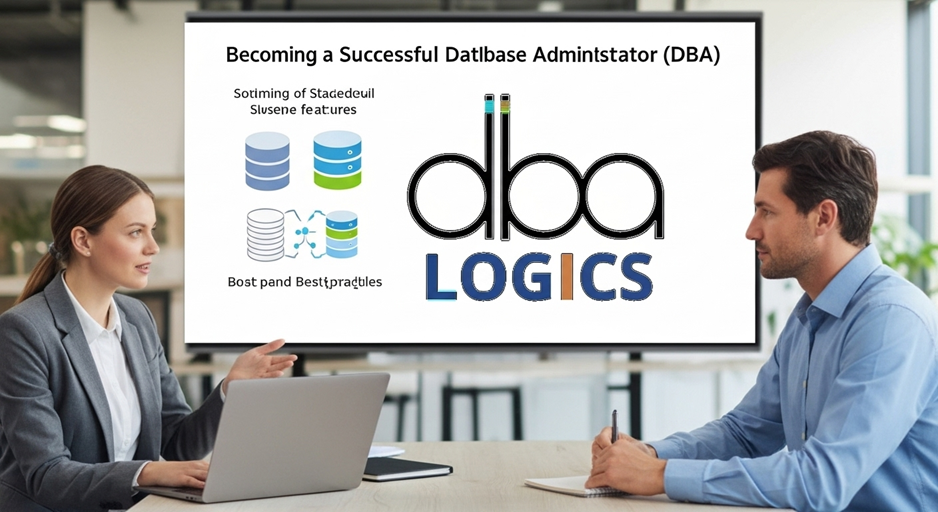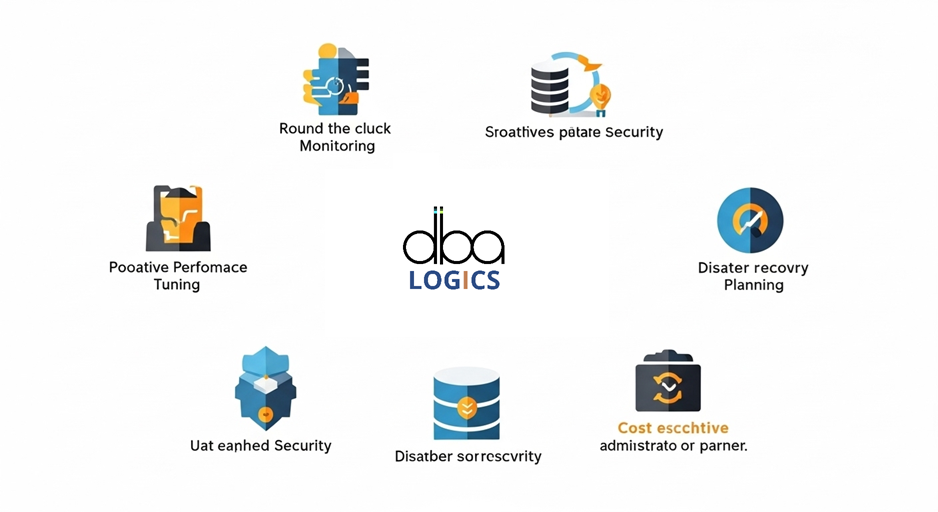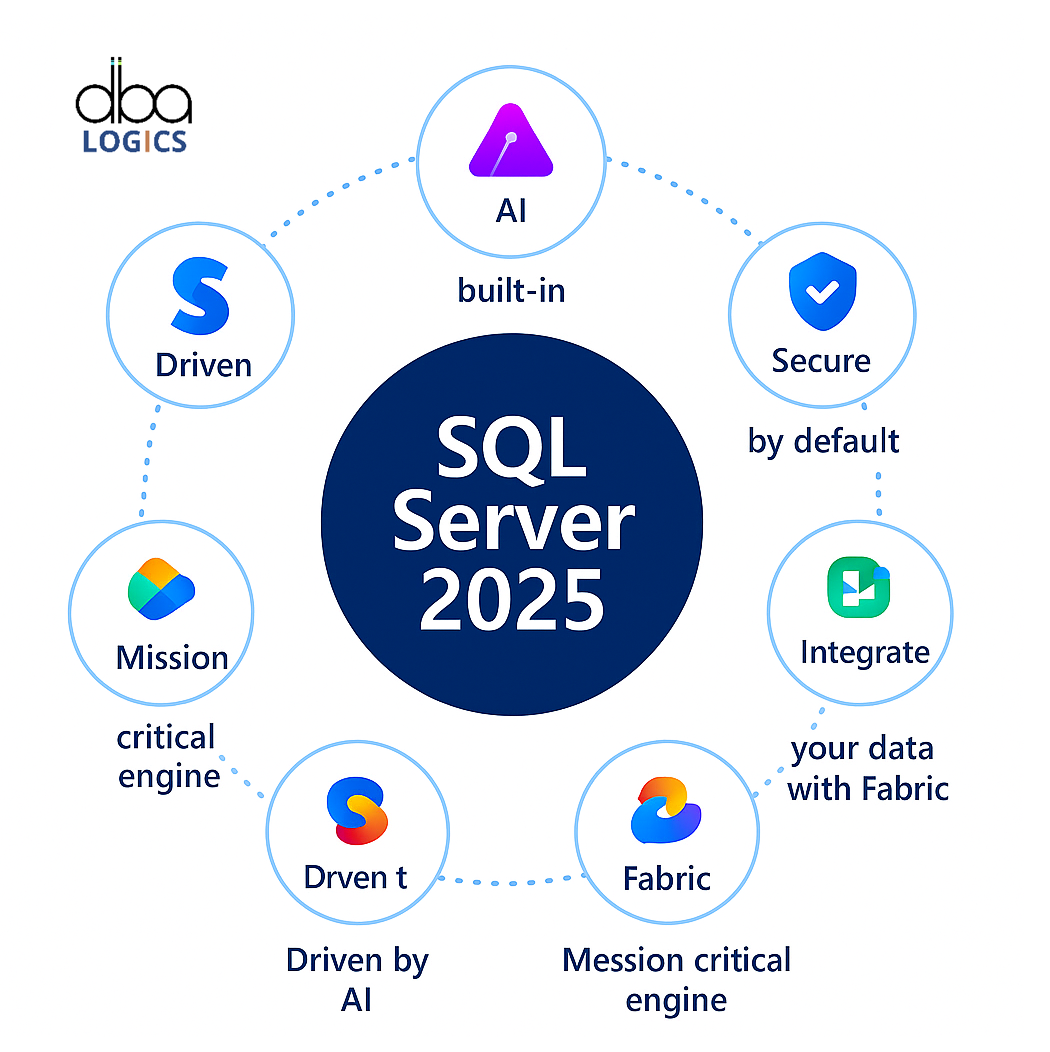
Becoming a Successful Database Administrator (DBA)
According to the professional, this is a step by step guide to those who want to become Database Administrators and it includes the skills that have to be learned, the experience that has to be gained, and the life-long learning plans. It also looks at some of the DBA specializations and provides expert insights of Craig S. Mullins and Brad McGhee to offer a well-balanced view.
The Path to Becoming a DBA
The path of DBA is a mix of technical expertise, practical experience and interest of learning more new things. The following is a step-by-step way that can assist you:
According to the professional, this is a step by step guide to those who want to become Database Administrators and it includes the skills that have to be learned, the experience that has to be gained, and the life-long learning plans. It also looks at some of the DBA specializations and provides expert insights of Craig S. Mullins and Brad McGhee to offer a well-balanced view.
The Path to Becoming a DBA
The path of DBA is a mix of technical expertise, practical experience and interest of learning more new things. The following is a step-by-step way that can assist you:
1. Master SQL and Core Database Concepts
Begin by being well versed in SQL, the language to talk to databases. Advance your skills on creation, updating and retrieval of data effectively.
Such important concepts to be paid attention to:
Data Modeling – Understand how to formulate effective and logical databases either with relational or NoSQL modeling.
Normalization – Know how to structure data in order to lessen redundancy and to make it accurate.
Transactions & ACID – Understand how transactions are executed and understand why atomicity, consistency, isolation, and durability is important.
Indexing – Learn about the role of indexes to make data retrievals faster and queries quicker.
Begin by being well versed in SQL, the language to talk to databases. Advance your skills on creation, updating and retrieval of data effectively.
Such important concepts to be paid attention to:
Data Modeling – Understand how to formulate effective and logical databases either with relational or NoSQL modeling.
Normalization – Know how to structure data in order to lessen redundancy and to make it accurate.
Transactions & ACID – Understand how transactions are executed and understand why atomicity, consistency, isolation, and durability is important.
Indexing – Learn about the role of indexes to make data retrievals faster and queries quicker.
2. Practice Regularly
There is a need to be concerned with the theory, but to be essential with the practice. Install a local database (such as MySQL, PostgreSQL or SQL Server) and attempt:
- Authoring of complicated SQL queries.
- The schemas of database design.
- Adopting security best practice.
This practical experience increases your confidence and problem solving abilities.
- Authoring of complicated SQL queries.
- The schemas of database design.
- Adopting security best practice.
3. Learn Backups and Recovery
Protection of data is an important role of a DBA. Get to know how to:
- Make complete, differential and incremental backups.
- Recover data fast and securely.
- Learn about the recovery time and point objectives (RTO & RPO).
- Make complete, differential and incremental backups.
- Recover data fast and securely.
- Learn about the recovery time and point objectives (RTO & RPO).
4. Focus on Performance Tuning
A powerful database helps increase speed and reliability of applications. World Key areas:
- Query Optimization- Research the execution plans and understand how to create faster queries.
- Index Management- bring judicious use of indexes to lessen loading time.
- Server Configuration - Set up the database to be as efficient as possible.
- Query Optimization- Research the execution plans and understand how to create faster queries.
- Index Management- bring judicious use of indexes to lessen loading time.
- Server Configuration - Set up the database to be as efficient as possible.
5. Gain Real-World Experience
Real life experience is what gets you ready. Look for:
- Large-scale database Company Internships.
- Open-source commitments to database project.
- Individual initiatives such as creating dashboard or applications using real data.
- Large-scale database Company Internships.
- Open-source commitments to database project.
- Individual initiatives such as creating dashboard or applications using real data.
6. Get Certified
The certifications can prove your skills and consequently advance your career opportunities. Consider:
- Oracle Certified Professional (OCP)
- MC: Azure Database Administrator Associate
- AWS Certified Database Speciality
- Oracle Certified Professional (OCP)
- MC: Azure Database Administrator Associate
- AWS Certified Database Speciality
7. Stay Updated
Tools and databases are changing rapidly. Continue to study by:
- Blogs & Articles-Subscribe to the feet in the industry and technology webpages.
- Conferences & Webinars- Get to know the expert knowledge and be abreast of developments.
- Online Communities -Use communities such as Stack Overflow, Reddit or specific groups on databases.
- Blogs & Articles-Subscribe to the feet in the industry and technology webpages.
- Conferences & Webinars- Get to know the expert knowledge and be abreast of developments.
- Online Communities -Use communities such as Stack Overflow, Reddit or specific groups on databases.
Final Tip:
A career as DBA will not finish in one shot-it is a career of progress. You will be able to create your own strong and successful way in the world of databases with constant learning, practicing, and curious attitude.
Types of DBAs
Depending on the requirements of the organization, DBAs tend to specialize themselves. There are two major functions:
1. Logical DBA
Emphasizes on data structure, design and integrity.
- Normalization and schema design
- Data modeling
- Query optimization
- Data integrity and security Ensuring the security and integrity of data
- Associates well with developers and analysts
2. Physical DBA
Responsible of infrastructure and system health.
- Storage management and server configuring
- Disaster recovery and back up
- Performance monitoring
- Maintenance and troubleshooting
- Maintains systems that are up and stable
Expert Perspectives
Craig S. Mullins
- Performance Tuning DBA
- Backup/Recovery DBA
- Security DBA
His observations prove how multifaceted and numerous the contemporary database organization is.
Brad McGhee
Brad McGhee is an SQL Server expert who offers a practical level on a day-to-day DBA work. He points at practical skills needed to make management of and troubleshooting SQL environments a reality.
Conclusion
To become a successful DBA, it is necessary to master the techniques, practice, and have an educational desire to learn new information in the sphere. With a solid foundation, a solid experience, certification, and possible specializations, you will become a success in this dynamic discipline. Be guided by the best people in the industry, and keep yourself on toes.



Post Comment
Your email address will not be published. Required fields are marked *